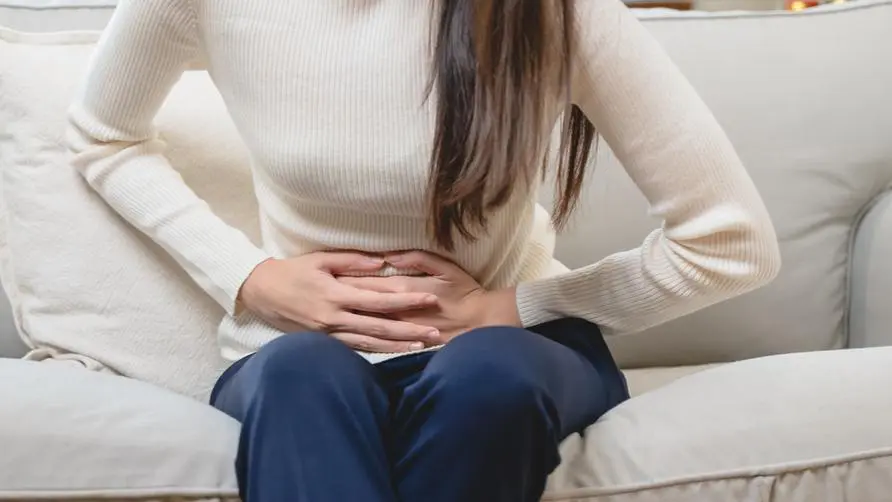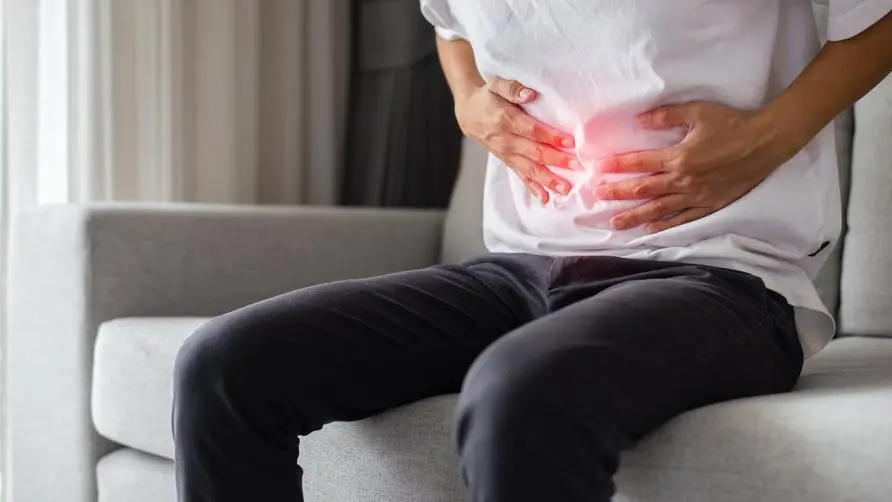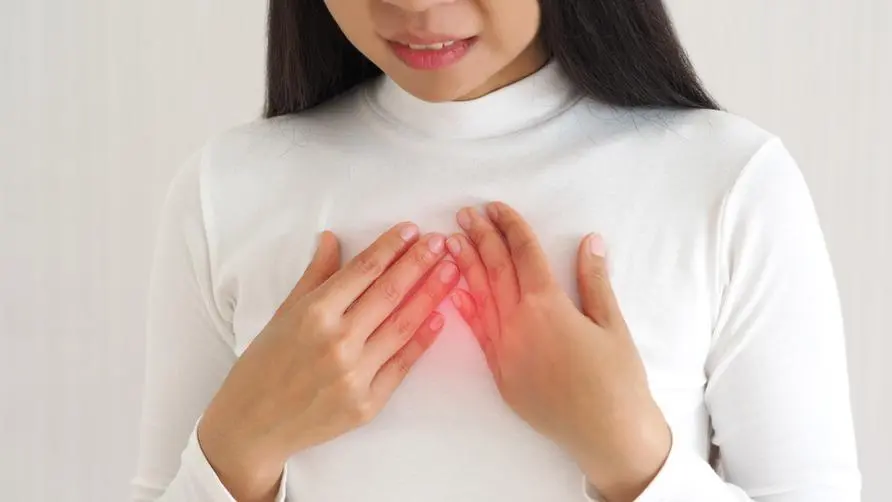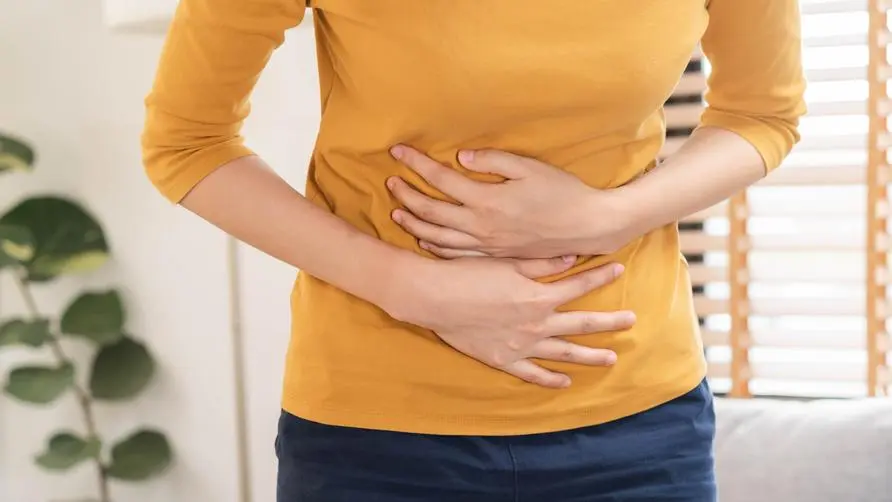Will drinking coffee and eating sweets cause gastroesophageal reflux? Nutritionist: "These 8 foods" can also make gastric ulcers worse

“Less is more” for peptic ulcer relief! Patients must make 2 major dietary adjustments
If you unfortunately suffer from peptic ulcer disease, is it more important to avoid foods that you shouldn’t eat than to eat foods that protect your stomach? Manman Nutritionist explained in a social post that peptic ulcer generally refers to “gastric ulcer” or “duodenal ulcer”; ulcer means “wound on the mucous membrane”. If peptic ulcer occurs, The mucosa representing the stomach or duodenum may be damaged.
Manman nutritionists pointed out that there are two main common causes of peptic ulcer: one is stomach infection “Helicobacter pylori”; the other is long-term use of non-steroidal anti-inflammatory drugs (NSAIDs). Common anti-inflammatory analgesics such as Aspirin and Ibuprofen both fall into this category. As for the period of peptic ulcer, the concept of dietary adjustment can be divided into two parts:
Reduce the source of stimulation. This includes reducing the stimulation of gastric acid secretion and avoiding foods that are too rough or too irritating to cause direct irritation.
Help wound repair. The diet needs to be balanced and contain adequate nutrients.
Patients with gastric ulcer and gastroesophageal reflux must understand! Nutritionist: Eat less of the “8 Landmine Diets”
Manman nutritionist further explained that the eight major types of diet that can easily cause stomach irritation and discomfort are as follows. It is recommended that patients with peptic ulcers try to avoid:
Alcohol. It is easy to secrete gastric acid and irritate mucosal tissue.
Spicy food. Directly and violently stimulates the ulcer, causing physical burden.
Foods high in oil and sugar. Such as fried foods, full-fat dairy products, cakes, desserts, etc., which can easily delay gastric emptying or increase gastric acid secretion.
Carbonated drinks. Such as soda, sparkling water, energy drinks, etc., which can easily cause flatulence and stimulate gastric acid secretion and cause discomfort.
Caffeine-containing diet. Beverages include coffee and energy drinks; foods include chocolate, etc. These diets can also easily stimulate gastric acid secretion, relax the esophageal sphincter, and aggravate gastroesophageal reflux problems.
Strong tea. Contains tannic acid, which can easily form indigestible clots with gastric acid or protein, causing discomfort.
Lettuce salad. It is more difficult to digest than cooked vegetables, and its texture is rough and hard, which can easily increase the burden.
Mint. Any diet made from natural mint, such as mint tea; or processed foods with mint flavor such as chewing gum, may increase gastric acid secretion, relax the esophageal sphincter, and aggravate gastroesophageal reflux problems.
The above suggestions are not only applicable to people with peptic ulcer, but also have certain reference value for people with gastroesophageal reflux. In addition, Manman nutritionists remind the public that if you often have stomach pain or gastrointestinal discomfort, it is recommended to seek medical examination as soon as possible to prevent the pain from affecting your life or daily diet.
Further reading:





